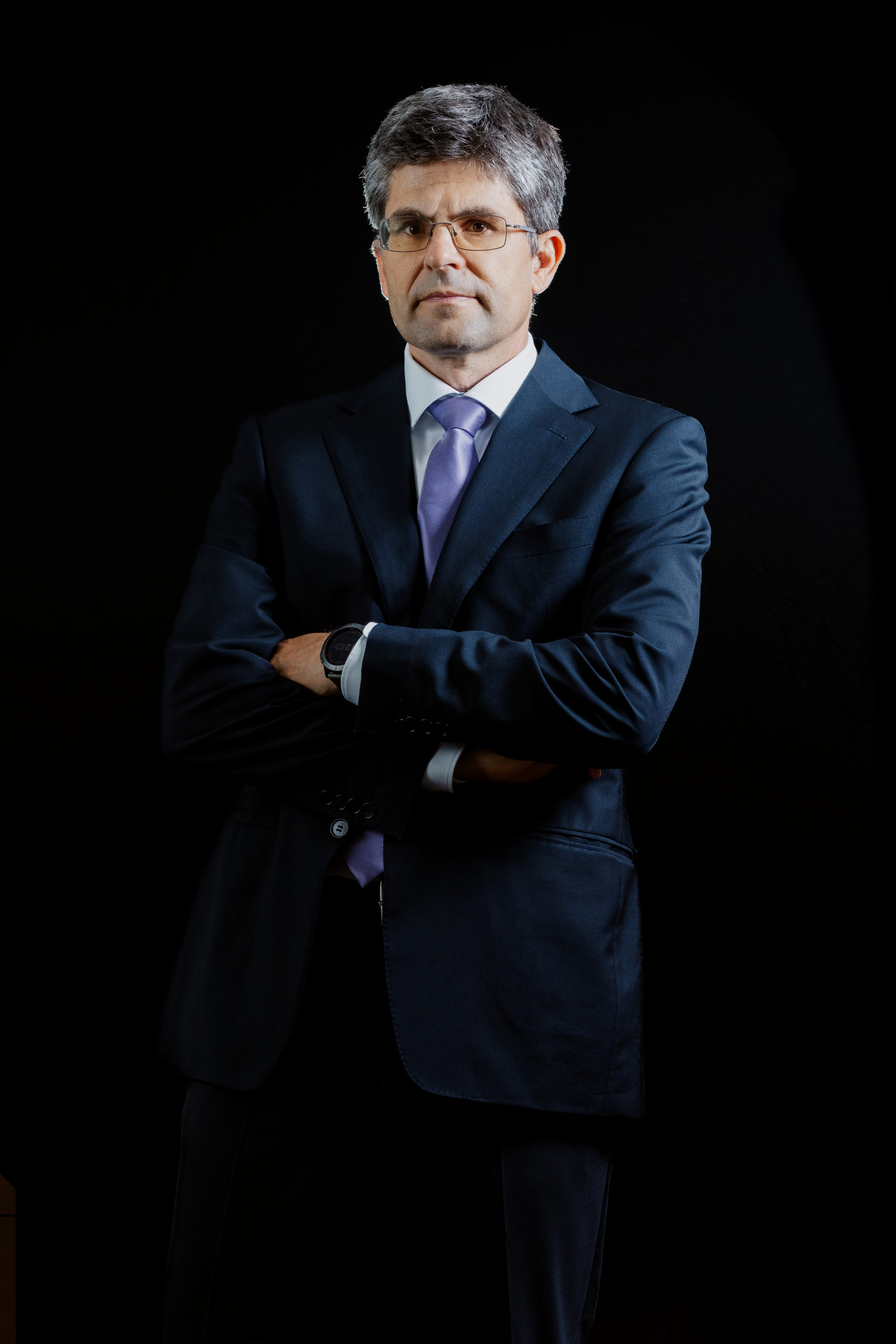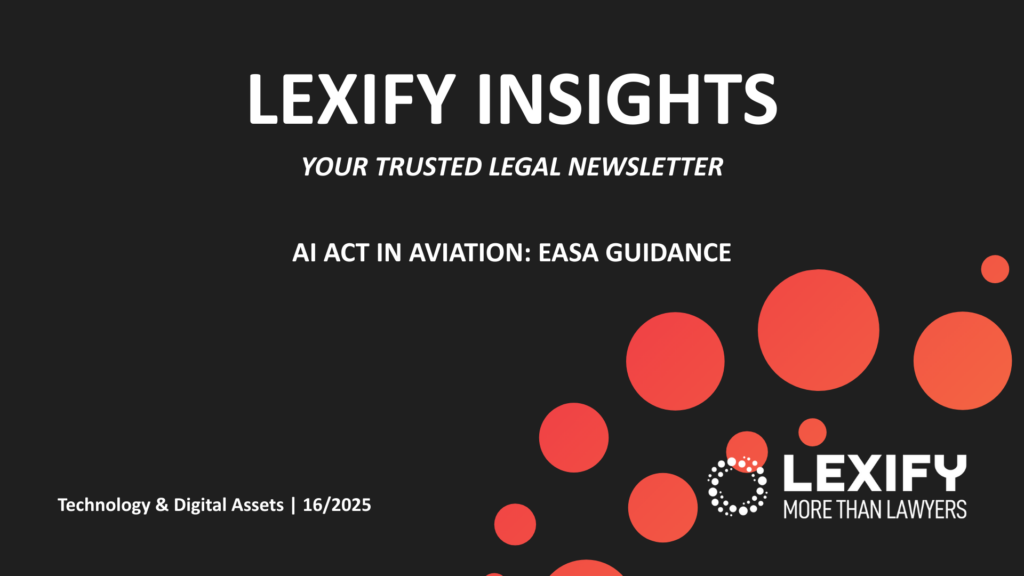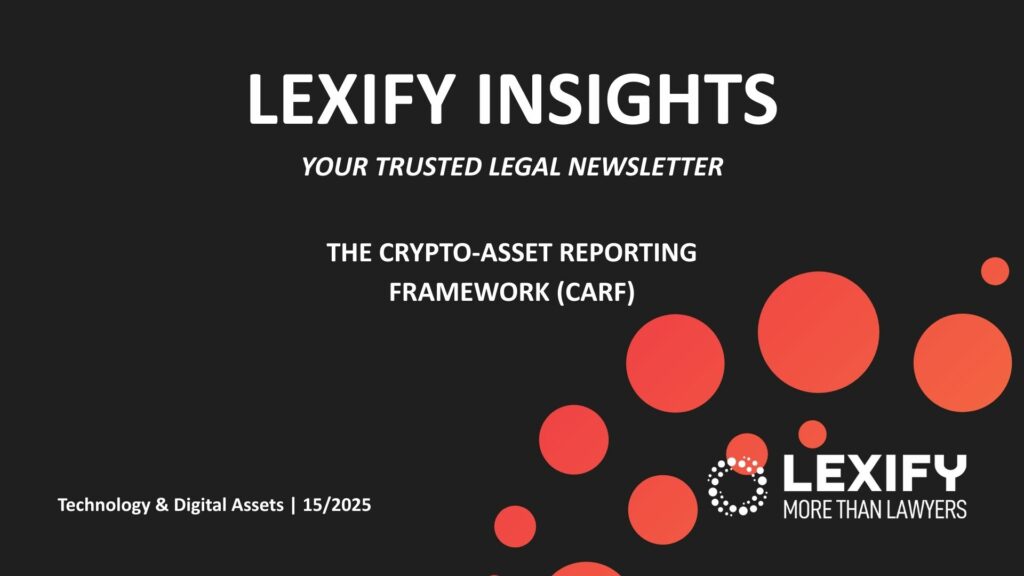Introduction
In a landmark ruling (case B-2532/2024), the Swiss Federal Administrative Court has definitively held that artificial intelligence (“AI”) systems cannot be recognized as inventors under the Swiss legal framework. The Court’s decision marks a significant precedent in the global discourse on intellectual property (“IP”) and the legal personality—or lack thereof—of autonomous AI systems. The case concerned the Swiss Federal Institute of Intellectual Property’s (“IPI”) rejection of a patent application naming an AI system, DABUS, as the sole inventor.
Background: DABUS and the Global Debate
DABUS (“Device for the Autonomous Bootstrapping of Unified Sentience”), developed by Dr. Stephen Thaler, has been at the center of multiple international legal proceedings. The core legal question has been consistent: can an AI system be legally recognized as an inventor for the purposes of patent law?
Authorities in the UK, EU, US, and now Switzerland have overwhelmingly answered in the negative. In the Swiss case, the patent application submitted to the IPI explicitly designated DABUS as the inventor. The IPI rejected the application for failure to comply with Art. 59(2) of the Swiss Patent Act, which requires the indication of a human inventor. The applicant appealed the decision, alleging that Swiss law does not explicitly exclude non-human inventors and that the legal framework should be interpreted in a technologically neutral manner.
The Court’s Reasoning
The Federal Administrative Court confirmed the IPI’s position. The decision emphasized the following key legal and conceptual points:
- Natural Person Requirement:
The term “inventor” under the Swiss Patent Act, while not explicitly defined, must be interpreted in light of its ordinary meaning and international standards. Both doctrinal interpretations and the European Patent Convention (“EPC”), to which Switzerland is a party, consistently understand the inventor as a natural person.
- No Legal Personality for AI: AI systems, regardless of their level of autonomy or capacity for creative output, lack legal personality. As such, they cannot hold legal rights or obligations—including those arising under patent law
- No Gap in the Law: The Court rejected the argument that a lacuna exists in the law. According to the Court, the exclusion of non-human inventors is neither an oversight nor an area requiring judicial development. It is a deliberate reflection of existing legal principles.
- Policy and Legal Certainty: Recognizing AI as inventors would necessitate a fundamental transformation of IP law and raise unresolved questions concerning ownership, liability, and attribution of rights. Such changes, the Court noted, fall within the remit of the legislator—not the judiciary.
See full decision: B-2532/2024 – Arrêt du 24 juin 2024 (in German)
Implications for Stakeholders
The decision of the Swiss Federal Administrative Court reinforces a clear boundary in the current regulatory landscape:
- For inventors and R&D departments: inventions must still be legally attributed to a natural person, even if an AI tool contributes materially to the inventive process. Legal structures must be in place to ensure proper ownership and attribution.
- For legal practitioners and IP counsels: patent applications in Switzerland must continue to comply with traditional inventor identification requirements, irrespective of the role played by AI in the inventive process.
- For policymakers: the ruling invites further debate on the evolution of patent law in an era of generative and autonomous AI. However, absent legislative intervention, the legal personhood of AI remains a non-starter.
Conclusion
With this judgment, Switzerland aligns itself with a growing international consensus: AI may be a powerful tool for innovation, but it is not (yet) an inventor in the eyes of the law. Legal frameworks continue to anchor inventorship in human creativity and responsibility—a position that preserves the coherence of rights attribution, enforcement, and legal liability within the IP regime.
Lexify: First Movers in AI Compliance
At Lexify, we assist clients navigating the complex interface between cutting-edge technologies and traditional legal frameworks. Whether you are leveraging AI in innovation processes or seeking strategic IP protection, our team is here to guide you through the evolving landscape.
Connect with us
Thank you for taking the time to read our article. We hope you found it informative and engaging. If you have any questions, feedback, or would like to explore our services further, we’re here to assist you.


Follow Us
Stay updated and connected with us on social media for the latest news, insights, and updates:
Linkedin Lexify

